In a stark reminder of the fragile security situation in Balochistan, at least 41 people, including 18 Pakistani security personnel and 23 militants, were killed within 24 hours in one of the deadliest clashes in recent years. The violence has prompted Pakistan’s Chief of Army Staff, General Syed Asim Munir, to visit the region, emphasizing the urgency of the situation and raising questions about the government’s ability to curb insurgency in the volatile province. What does this escalation signify for Pakistan’s national security, and how will it shape the country’s counterterrorism strategy?
The Surge in Violence: What Happened?
The deadly clashes unfolded when heavily armed militants launched coordinated attacks on Pakistani security forces in multiple locations in Balochistan. The assault targeted military installations, security checkpoints, and government buildings, leading to an intense exchange of fire.
According to official reports, the militants carried out their attacks with military-grade weapons and sophisticated planning, leading to a high number of casualties on both sides. The Pakistani military responded with full force, engaging in prolonged firefights that lasted several hours.
Security sources have indicated that the attackers belonged to Baloch separatist groups, which have been waging a long-standing insurgency against the Pakistani state. The Baloch Liberation Army (BLA), one of the key militant factions operating in the region, has reportedly claimed responsibility for the attacks. However, independent verification of these claims remains challenging.
Army Chief’s Visit to Balochistan: A Show of Strength
In response to the violence, Pakistan’s Army Chief General Asim Munir swiftly traveled to Balochistan, visiting security installations and meeting with top military commanders. During his visit, he assured security forces and the local population that Pakistan’s military remains committed to eliminating terrorism from the province.
“We will not allow elements of chaos to destabilize Pakistan,” General Munir said in a statement. “Our security forces will continue their operations until every threat is neutralized.”
The visit by the army chief is significant as it underscores the gravity of the situation. It also serves as a message to both domestic and international audiences that Pakistan is taking serious measures to address the security crisis.
Balochistan’s Longstanding Insurgency
Balochistan, Pakistan’s largest but least populated province, has long been plagued by violence. Ethnic Baloch separatists have been fighting for greater autonomy and, in some cases, full independence, citing economic exploitation, political marginalization, and human rights violations as key grievances.
The province’s rich natural resources, including vast reserves of gas, minerals, and gold, have been a point of contention, with separatist groups claiming that Balochistan’s wealth is being extracted for the benefit of other provinces while local communities remain impoverished.
Successive Pakistani governments have attempted to address the insurgency through a mix of military operations, economic incentives, and political dialogues. However, the cycle of violence has persisted, with militant groups continuing to launch attacks on security forces, government officials, and Chinese investments in the region.
Implications for Pakistan’s Security and Stability
The latest surge in violence raises several pressing concerns for Pakistan’s internal stability:
- Escalation of Insurgent Attacks – If militant groups gain momentum from this latest confrontation, Pakistan could see an increase in attacks, particularly targeting military and government institutions.
- Impact on the China-Pakistan Economic Corridor (CPEC) – Balochistan is a key region for the multi-billion-dollar CPEC project, which has already faced resistance from separatist groups. Increased violence could deter further foreign investments and slow down infrastructure projects.
- Regional Implications – A worsening security situation in Balochistan may have consequences for Pakistan’s relations with neighboring countries, particularly Iran and Afghanistan, both of which have historically had complex ties with Baloch insurgents.
- Humanitarian Crisis – Prolonged violence in the region has displaced thousands of civilians, creating an ongoing humanitarian crisis that demands urgent attention.
The Role of International Actors
Given the strategic significance of Balochistan, global players are also closely watching the unfolding crisis.
- China – As Pakistan’s largest economic partner, China has invested heavily in Balochistan through CPEC. The latest attack could heighten security concerns among Chinese officials, potentially impacting future investments.
- United States – With a focus on counterterrorism in South Asia, the U.S. may exert diplomatic pressure on Pakistan to intensify operations against militant groups.
- Iran and Afghanistan – Both countries have porous borders with Balochistan, making them key stakeholders in the region’s stability. Any escalation could lead to diplomatic tensions, especially if Pakistan accuses foreign elements of supporting insurgents.
Government and Military Response
In the wake of the attack, Pakistan’s military has launched a series of counterterrorism operations, targeting suspected militant hideouts. Security forces have also increased checkpoints and surveillance in Balochistan’s major cities to prevent further attacks.
The government, on the other hand, is emphasizing political dialogue as a parallel approach. Prime Minister Shehbaz Sharif, in an emergency meeting with top security officials, stressed the need for both military action and economic development in Balochistan to address the root causes of insurgency.
What Lies Ahead?
The deadly clashes in Balochistan mark a turning point in Pakistan’s ongoing battle against insurgency. With the death toll rising and security challenges intensifying, the government must adopt a multi-pronged strategy to tackle the crisis.
- Strengthening Counterterrorism Operations – The military will need to enhance its intelligence-gathering efforts and strengthen border controls to cut off militant supply routes.
- Political Reconciliation – Engaging with moderate Baloch leaders and addressing their grievances through meaningful political reforms could reduce local support for insurgent groups.
- Economic Development – Improving infrastructure, providing job opportunities, and ensuring that Balochistan’s resources benefit its people could help ease tensions in the long run.
Conclusion: A Defining Moment for Pakistan
The recent clashes in Balochistan highlight the fragility of Pakistan’s internal security and the complex nature of the insurgency in the region. With 41 lives lost in just 24 hours, the urgency to act has never been greater. As the country navigates this crisis, the key question remains: can Pakistan finally break the cycle of violence in Balochistan, or will history repeat itself once again?
The coming weeks will be crucial in determining the trajectory of the conflict. Whether through military action, political dialogue, or economic reforms, Pakistan’s approach to resolving the Balochistan insurgency will shape its future stability and security.
Also Read-
1. Union Budget 2025: No Income Tax Up to ₹12 Lakh – What Does It Mean for Taxpayers?
2. Meta’s Controversial Move: 1 Million Users Allegedly Forced to Follow Trump’s Accounts
3. Hezbollah Commander with $1 Million Bounty Shot Dead: A Major Blow to the Group

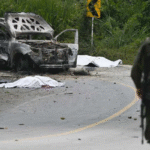

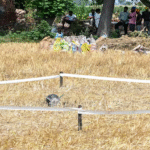
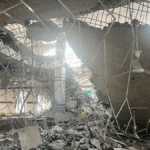






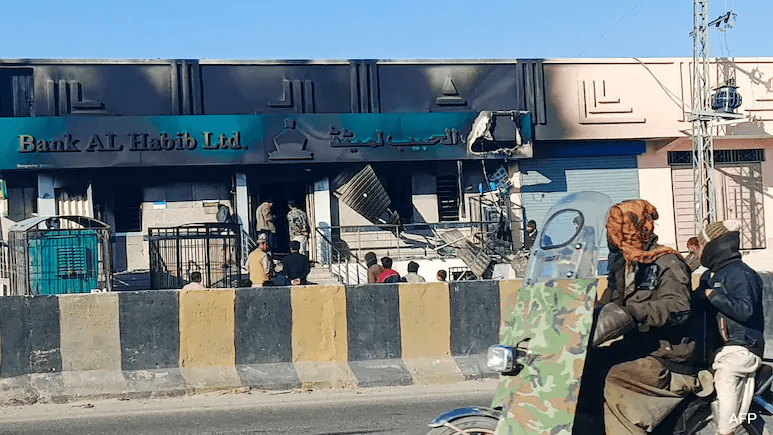


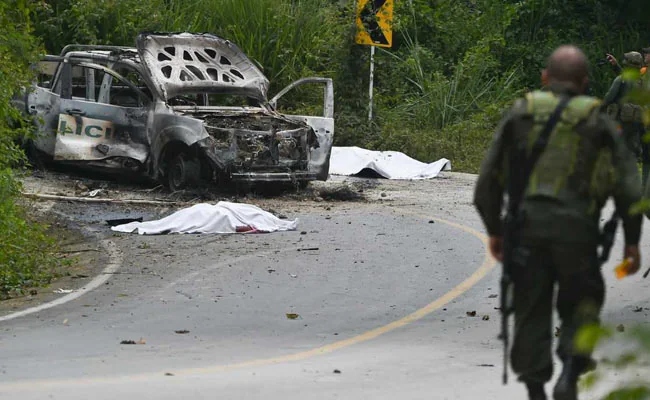
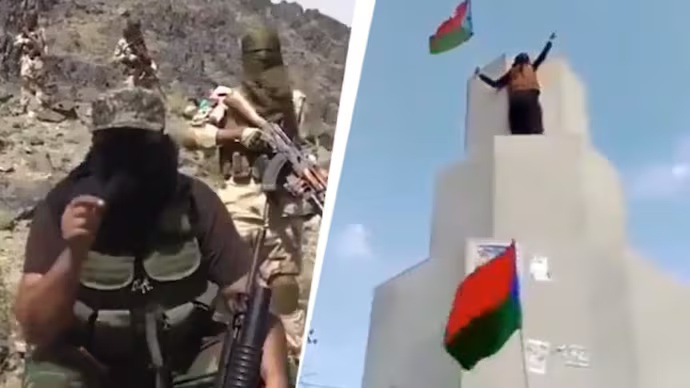
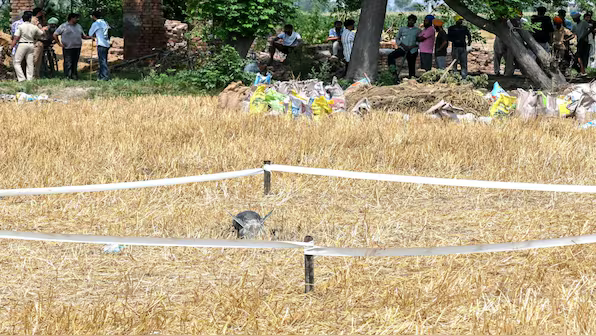
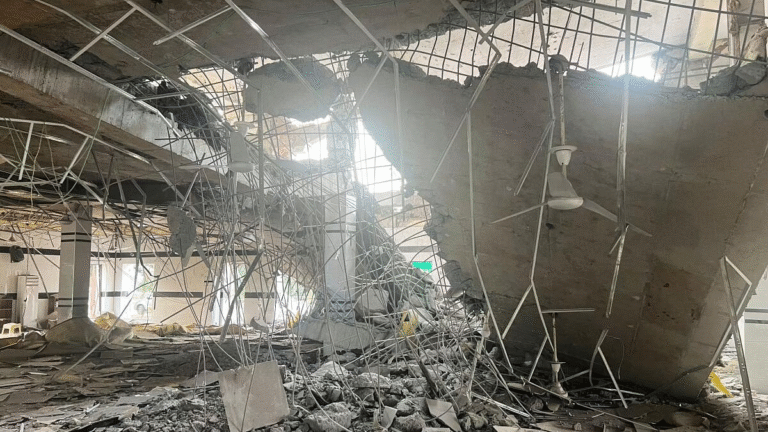
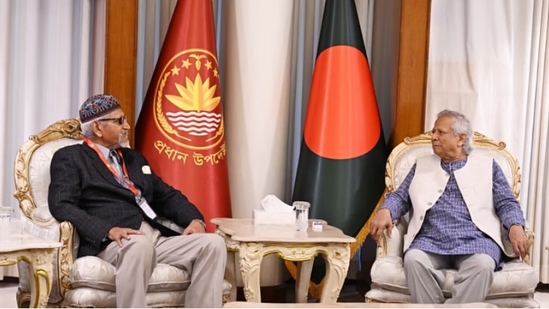

One thought on “Deadly Clashes in Balochistan: 41 Killed in 24 Hours – What Does This Mean for Pakistan’s Security?”